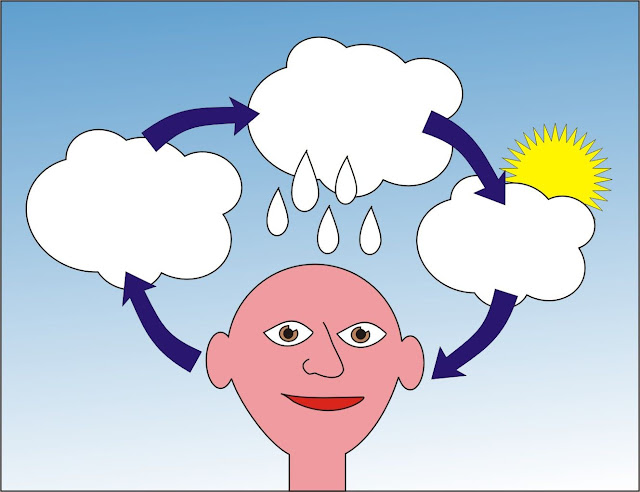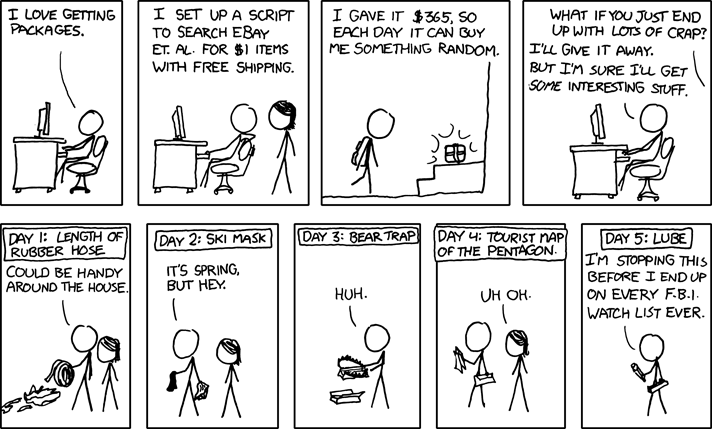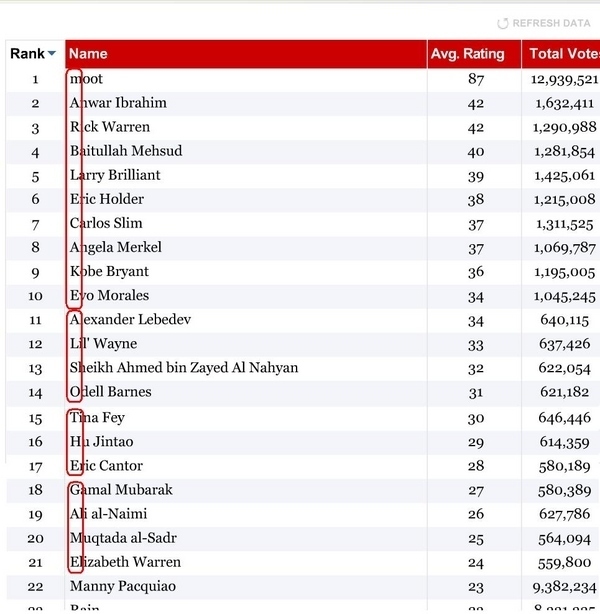The key to success in the self-help market is to understand that you don’t actually need to provide any merit to your readers. They get enough benefit from simply adding your book to their self-help library to impress visitors. However, there are several tools that the successful self-help writer should have in their toolbox.
1. Statistics
2. Diagrams
3. Illustrations
4. Clichés
5. Repetition
6. Repetition
Statistics
The truth is 90% of self help books are never read, at least past the first chapter. Once your first chapter is finished you can pretty much write whatever you want to fill in the next nine chapters. This is both a valid lesson for the self-help writer to learn and an example of how statistics can be misused or just plain made up.
Diagrams
The old saying that a picture is worth a thousand words holds true in the self-help market. Because any given sample of 1000 words of a self-help book are unlikely to make any sense, you as the writer have a bit of freedom when it comes to diagrams. In fact the more complicated the diagram appears the more impressive it seems.

The idea cycle – another pointless diagram.
The most important part of a diagram is to have an appropriate caption so that people know what they are looking at. A really good caption will say a lot but mean very little to the reader.
Illustrations
One tool that the prospective self-help writer will have to develop if they want to increase their word limit in a hurry is to be able to use pointless, long-winded illustrations. Here’s an example of an illustration that will leave the reader looking for a point or moral:
“It’s like a boat, sailing on a really choppy sea, the sailors are getting sick, throwing up all over the place. In a situation like this the last person you want to be on the boat is the ships boy who has to clean up everyone’s mess, including their own.”
Often the reader’s interpretation of a story like that one will be much more beneficial to them than anything you could come up with yourself. While there are obviously many meanings that could be taken from this illustration its ambiguity is important if people are to gain any “real” meaning from your writing.
Clichés
Clichés are another important key to success. Especially when misused, they allow the real meaning of sentences to flow like water off a ducks back, where the duck is the reader. The more clichés you can pack into a paragraph the more confused the reader will get. It’s important when using clichés that you really give 110% to your writing.
Repetition
It’s a sad truth that people these days rely on repetition to enforce truth. Well sad unless you’re a self-help writer with a lot of space to fill and not much to say. The importance of repetition means that you can pretty much just say the same thing over and over again in new and innovative ways for the whole book if you want.
It’s vital that you repeat yourself so that the reader will recognise the importance of your message. Unless you repeat yourself several times your message won’t be enforced. This isn’t such a bad thing. It means that you will be able to fill up the empty pages of your book very quickly.
Always remember the golden rule for self-help writing – confusing the reader is the ultimate goal. You’ll eventually be able to release a sequel to your first book further explaining the concepts of the first. You can even use “for dummies” or “idiots guide to” in the title of the new book.










All quiet on the blog front
I’m busy today. Doing my job. So not much time for posting – plus I have no real idea what to post.
I have been discussing things in a few comment threads that maybe you should check out.
Like this one on drugs, and this one on Mark Driscoll’s desire to take over the world.
April 28, 2009